Our mission
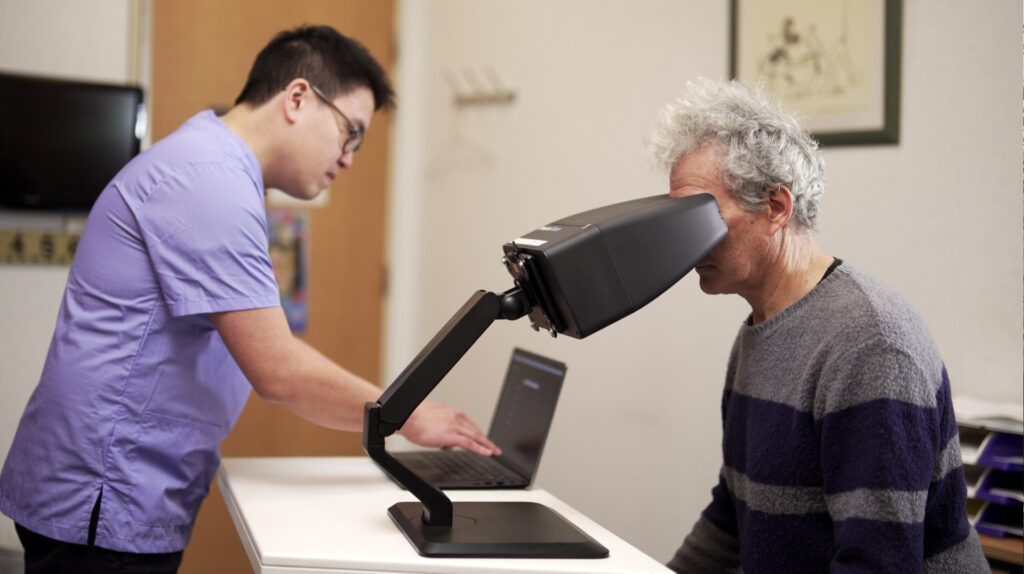
Why eye movements
5 min
Exam of the eye movements tells more than a kilometer walk
5 years
Eye movements help predict disease evolution up to 5 years
110 000
scientific papers link eye-tracking with disorders
neuroClues®
An easy-to-use eye-tracking environment
to help practitioners instantaneously quantify their clinical exam
Based on years of research, it is designed to bring non-invasive, quick, and robust biomarkers.
neuroClues® has the ambition to provide:
- A better diagnosis thanks to its sensitivity for early detection and specificity for ruling out differential diagnosis
- A better follow-up of the patients with its objective measurements of the evolution of the disease and the efficacy of the treatment
- An intuitive research tool with high spatial and temporal resolution
neuroClues® is a registered brand of P3Lab, currently under research and development phase. It will be available for sale when regulatory clearance is received.
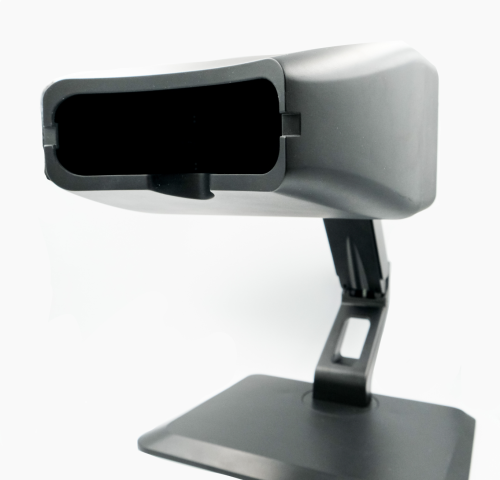
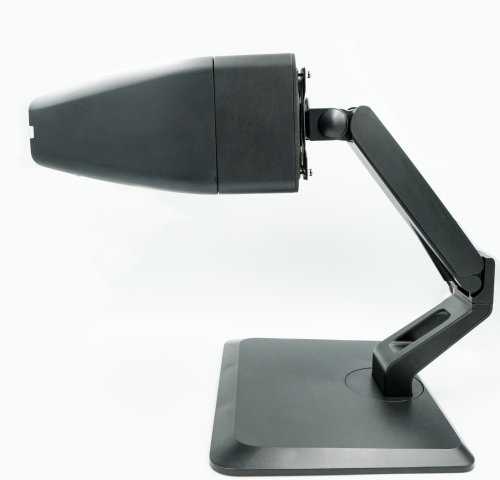
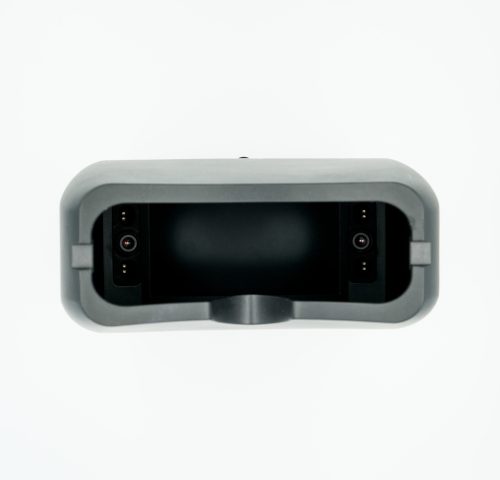
Testimonials
Our scientific advisory board testifies




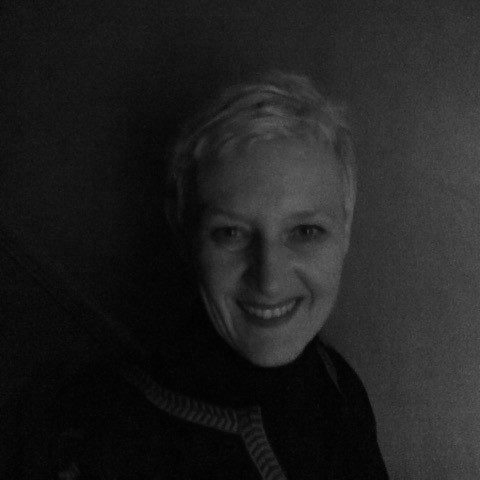







About eye-tracking
Over the last 60 years, over 110 000 scientific articles have been written linking eye movement to neurological diseases
Eye-tracking enables measurements and analysis, allowing neurologists to increase their diagnosis certainty in few minutes and have a better follow-up of the patients. This innovative technology can be used for the diagnosis of Parkinson’s disease and other neurological diseases.
Latest news

Clinical highlights: Alzheimer’s Disease (AD)
The newsletter of this month will emphasize the latest research about Alzheimer’s Disease

Clinical Get Together 2024 – Recap
Clinical Get Together 2024 – Recap Welcome to the recap of our recent scientific evening, held in conjunction with the JNLF 2024 congress. During this

Clinical highlights: Progressive Supra Nuclear Palsy (PSP)
The newsletter of this month will emphasize the latest research about Progressive Supra Nuclear Palsy (PSP) as May is PSP Awareness month

neuroClues® secures €5 million to launch its groundbreaking technology, set to support the early diagnosis of Parkinson’s disease and other neurological disorders
Objective: to become the “stethoscope of the brain”
